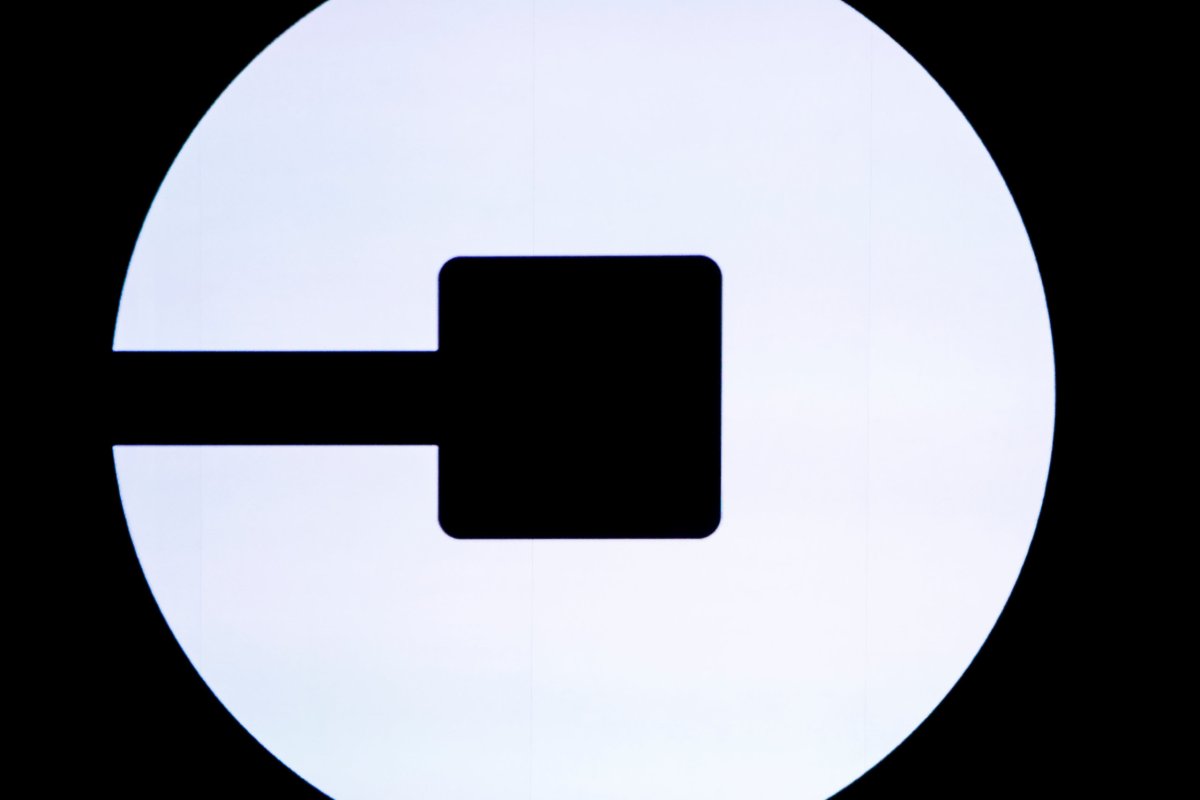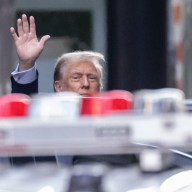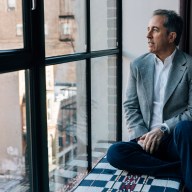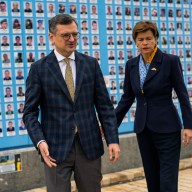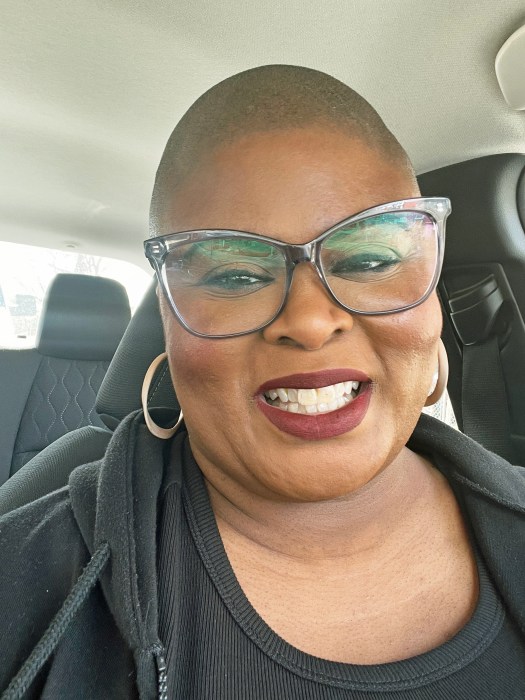By Brad Haynes
(Reuters) – Uber’s robust growth in Brazil, its biggest market outside the United States, has given the ride-hailing app a far stronger position than it had in Asian markets that it recently exited, a senior executive said on a visit to South America.
In a telephone interview with Reuters, Andrew Macdonald, who runs operations in Latin America, played down the prospects for a merger with Brazilian rival 99, a subsidiary of Didi Chuxing, which absorbed Uber’s Chinese operations in late 2016.
Macdonald also runs Uber’s operations in the Asia Pacific region, where the company agreed to sell its Southeast Asian business to larger rival Grab last month.
“I think the scale (of operations in Brazil) is at a level that is different from those other markets … both on an absolute and relative basis,” Macdonald said, when asked if there could be a merger or acquisition in Brazil next.
“We’re really not focused on M&A,” he said.
His comments suggested Uber is ready to stand and fight in Brazil and elsewhere in Latin America, where it has a head start on rivals, rather than beating another strategic retreat.
Chief Executive Dara Khosrowshahi, who joined Macdonald on a visit to Chile, told employees after the Grab deal that he had no plans for another transaction of its kind.
Reuters reported at the time that SoftBank Group Corp, which invested in an array of ride-hailing competitors including Uber, Grab and Didi, urged Uber to focus less on Asia and more on profitable markets like Latin America.
“Competition is good for everyone,” Macdonald said when asked about the dynamic with rival 99. “We think the scale advantage that we’ve established in Brazil means we can offer the lowest prices to riders and the best economics for drivers, but also do so in a way that is in Uber’s economic interest.”
After a first round of expansion focused primarily in Brazil’s biggest cities, Macdonald said growth in the country was now being driven by strength in secondary cities and the metropolitan areas around its core markets. Last year, demand in those markets grew more than twice as fast as in bigger cities.
Brazil continues to be Uber’s biggest market by rides after the United States, Macdonald said. Sao Paulo is Uber’s No. 1 city globally, and Rio de Janeiro is also in the top five.
(Reporting by Brad Haynes in Sao Paulo; Editing by Cynthia Osterman)

